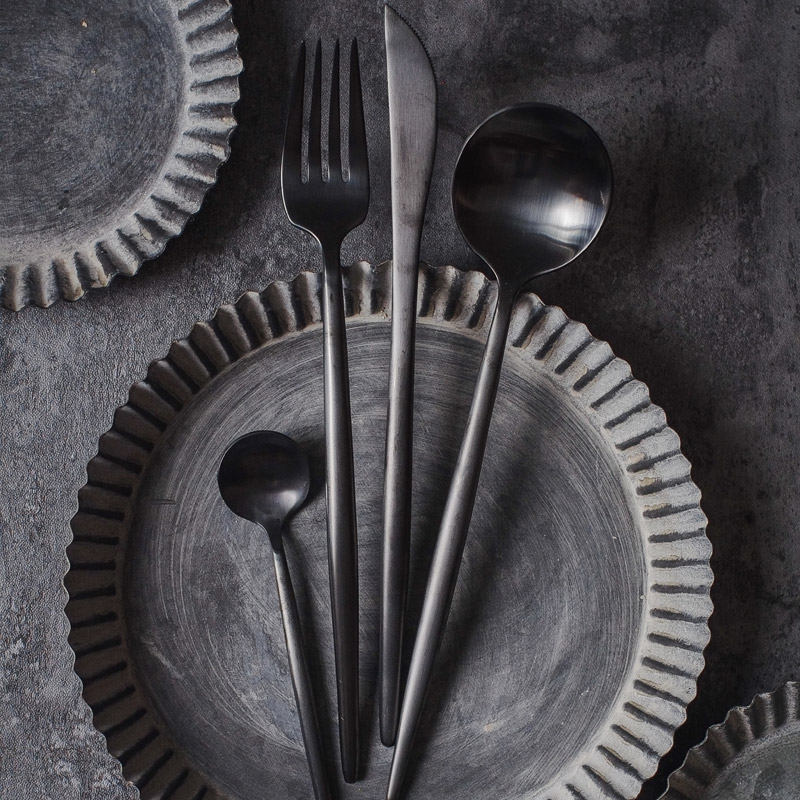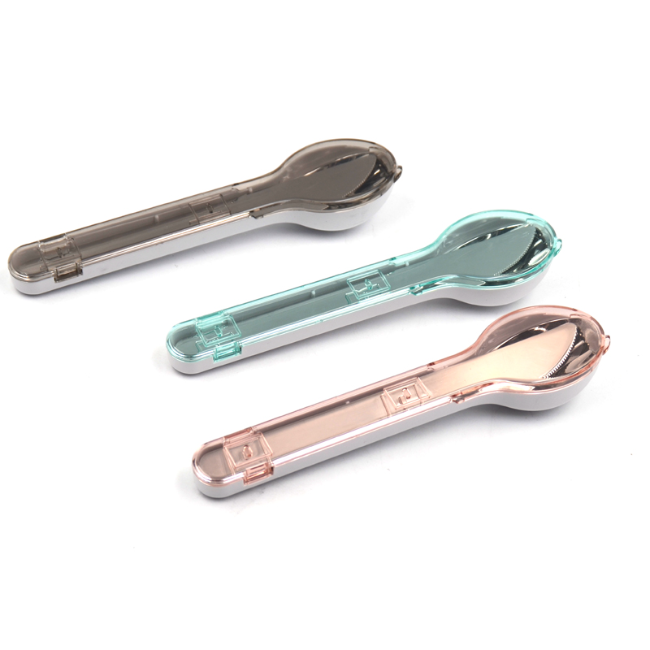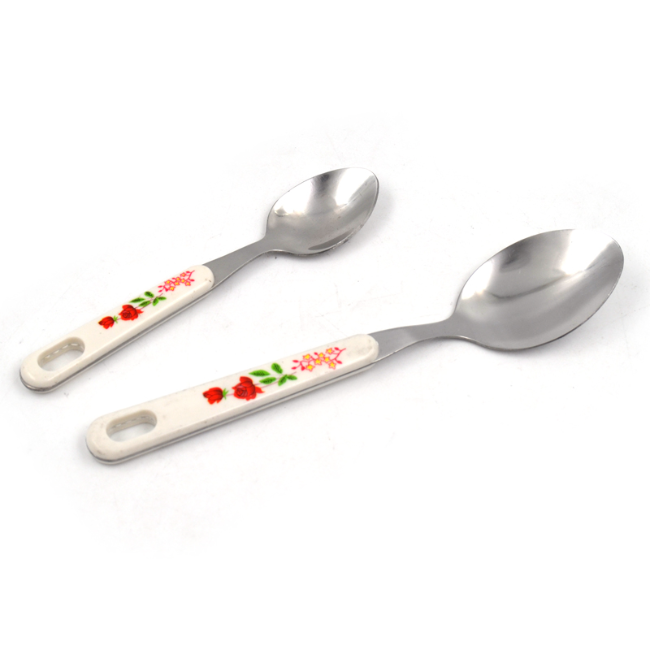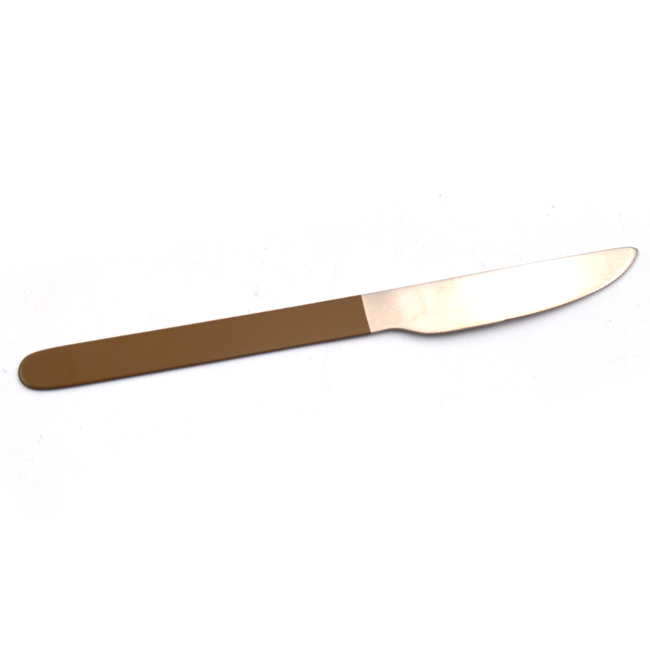
02 May
What Happens If You Eat 3 Spoons of Salt?
What Happens If You Eat 3 Spoons of Salt...
What Happens If You Eat 3 Spoons of Salt?
Salt is an essential mineral that our bodies need to function, but consuming too much at once can lead to serious health complications. Have you ever wondered what would happen if you ate 3 spoons of salt? In this article, we’ll discuss the effects of excessive salt consumption on the body, the potential risks, and how to avoid overindulging in salty foods. Along the way, we'll look at how companies like Homefelt are helping us maintain a balance between flavor and health in the kitchen.
The Role of Salt in the Body
Salt is made up of sodium and chloride, both of which are essential for our health. Sodium helps regulate blood pressure, supports nerve function, and assists in fluid balance. However, like most things, it’s important to consume salt in moderation.
The recommended daily intake of sodium for an average adult is around 2,300 milligrams, which is equivalent to about one teaspoon of salt. However, many people consume much more than this on a daily basis, often without realizing it.
What Happens When You Eat Too Much Salt?
If you were to eat 3 spoons of salt—equivalent to roughly 15 grams or more of sodium—the effects could be immediate and dangerous. Here’s what could happen:
Dehydration: Sodium plays a key role in regulating fluid balance. Eating too much salt can cause your body to retain more water in an attempt to balance the sodium levels in your blood. As a result, you may experience dehydration, causing symptoms such as dry mouth, fatigue, and dizziness.
Increased Blood Pressure: High sodium intake is directly linked to an increase in blood pressure, which can strain the heart and increase the risk of heart disease or stroke. The excessive consumption of salt can also lead to a condition called hypertension, which may require medical intervention to control.
Kidney Strain: Your kidneys work hard to filter excess sodium from the body. When you consume a large amount of salt, they are forced to work overtime, potentially causing strain and even kidney damage over time.
Risk of Heart Attack or Stroke: Prolonged high salt consumption has been linked to an increased risk of heart disease, including heart attacks and strokes. If you continue to consume high levels of sodium, you may increase your chances of these life-threatening conditions.
How Much Salt is Too Much?
While the human body needs salt, it’s important not to go overboard. If you consume 3 spoons of salt in one sitting, it is far above the recommended daily intake. Excessive consumption of salt over time can lead to long-term health issues, but acute effects from a one-time high intake may cause uncomfortable symptoms like bloating, high blood pressure, and nausea.
A jelly menu or excessive salt in sauces may contribute to unhealthy salt consumption, so it’s always important to be aware of how much salt you're adding to your food.
What Should You Do if You Accidentally Consume Too Much Salt?
If you accidentally consume too much salt, you should take steps to hydrate yourself by drinking plenty of water. The excess sodium in your bloodstream can lead to dehydration, so it’s essential to replenish your fluids.
If you experience severe symptoms like shortness of breath, chest pain, or confusion, seek medical help immediately.
Healthier Alternatives to High-Salt Diets
To avoid the dangers of excessive salt consumption, consider incorporating more natural flavors into your cooking. Homefelt, for example, offers high-quality kitchen tools that can help you create flavorful meals without relying heavily on salt. You can experiment with herbs, spices, and other natural seasonings to bring out the best in your food while keeping your sodium intake in check.
Conclusion
Eating 3 spoons of salt at once can have serious consequences, including dehydration, increased blood pressure, and strain on your kidneys and heart. To stay healthy, it's important to monitor your salt intake and make mindful choices when preparing and consuming food. When it comes to flavoring your dishes, consider using a mix of herbs, spices, and lower-sodium alternatives to keep your meals both delicious and healthy.





